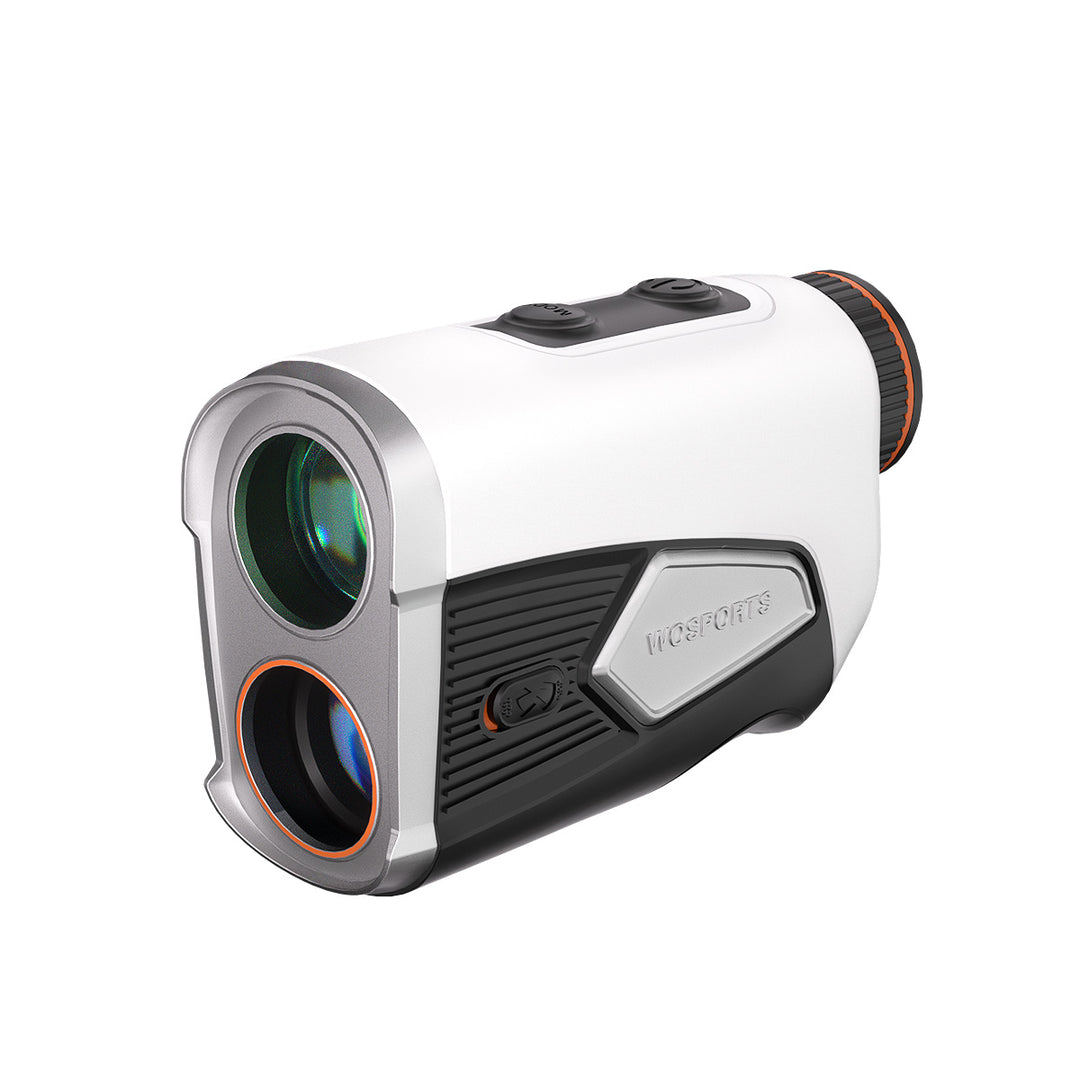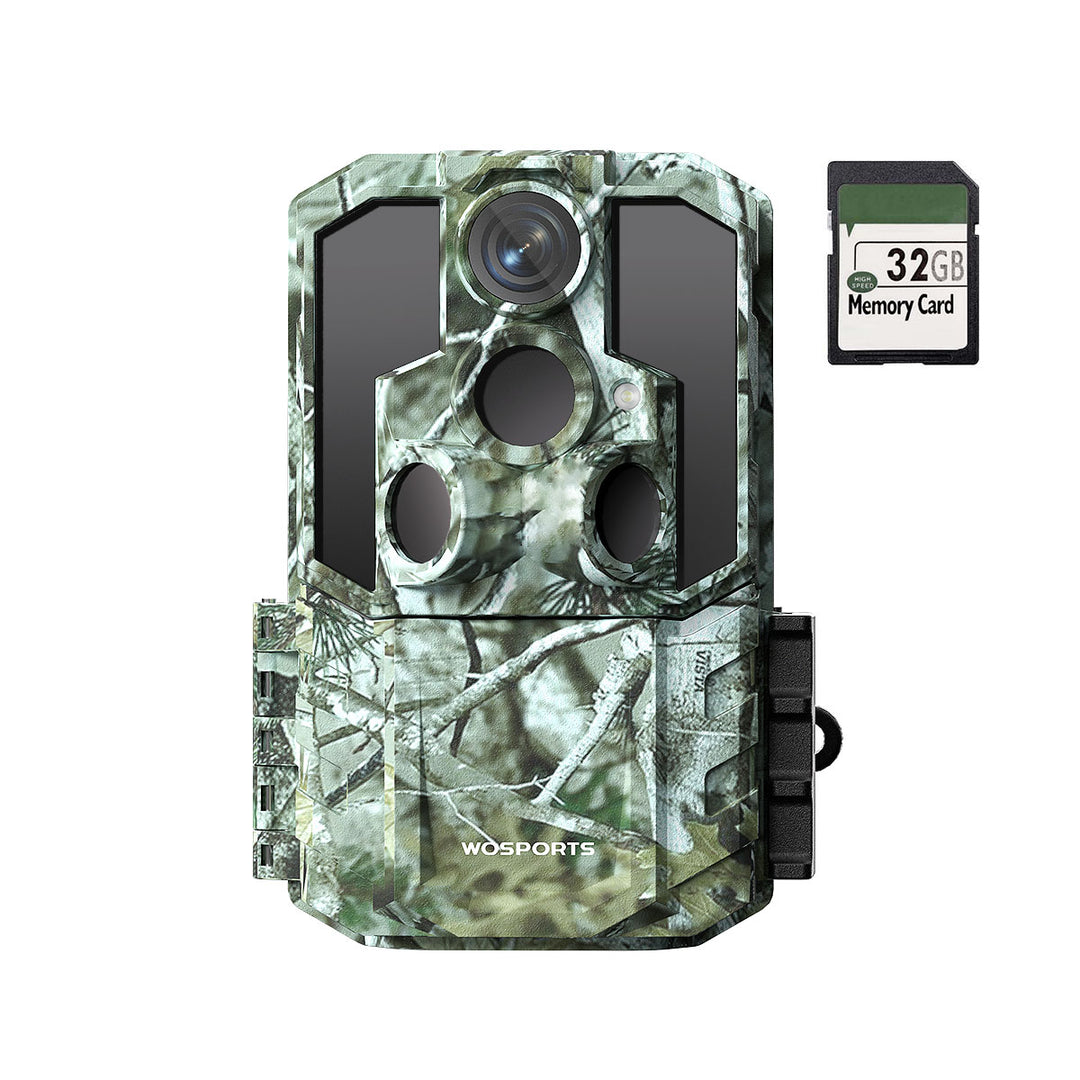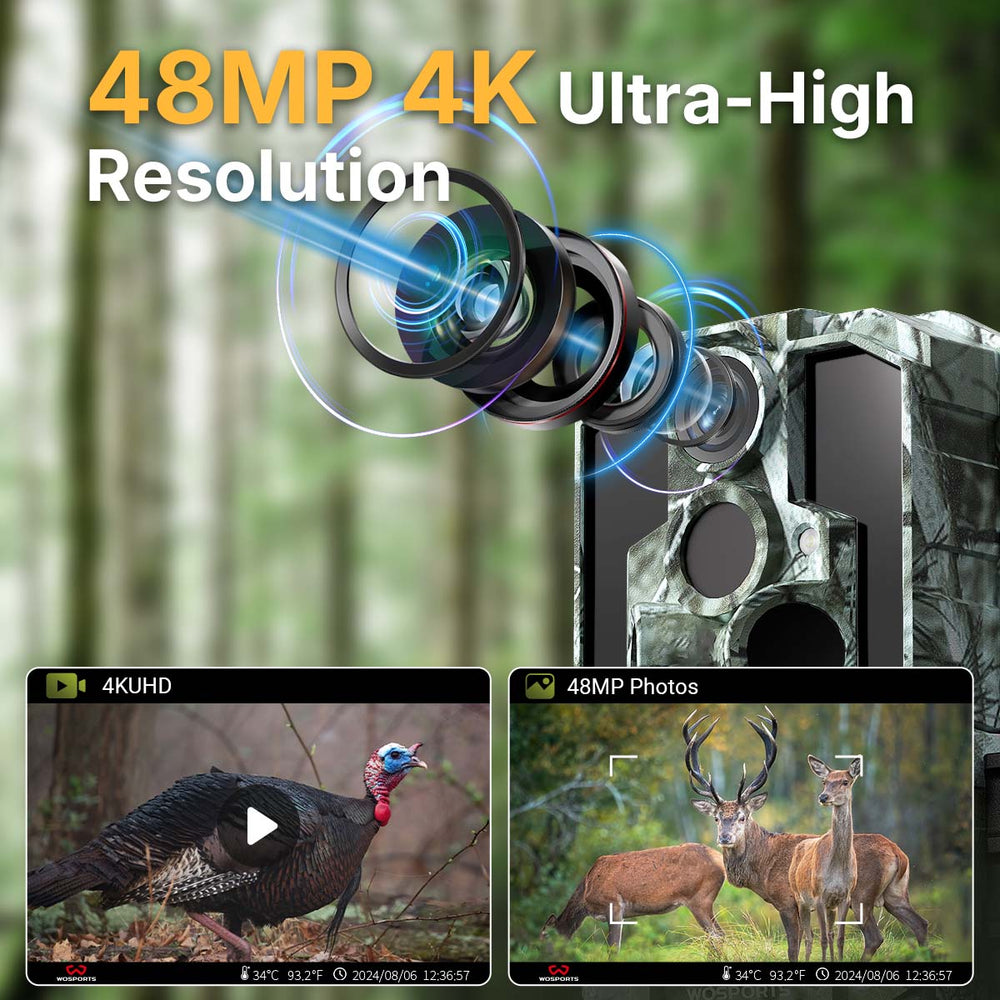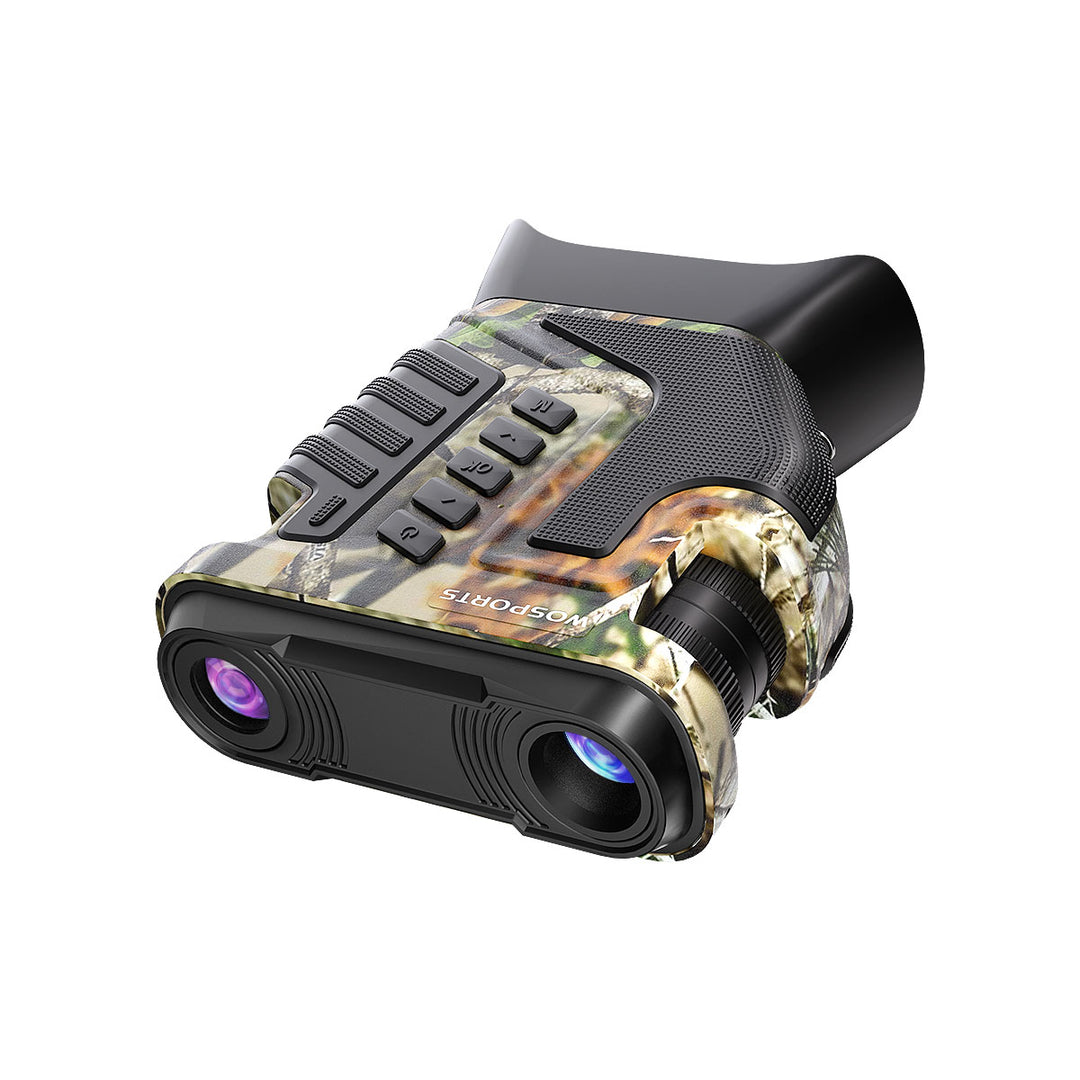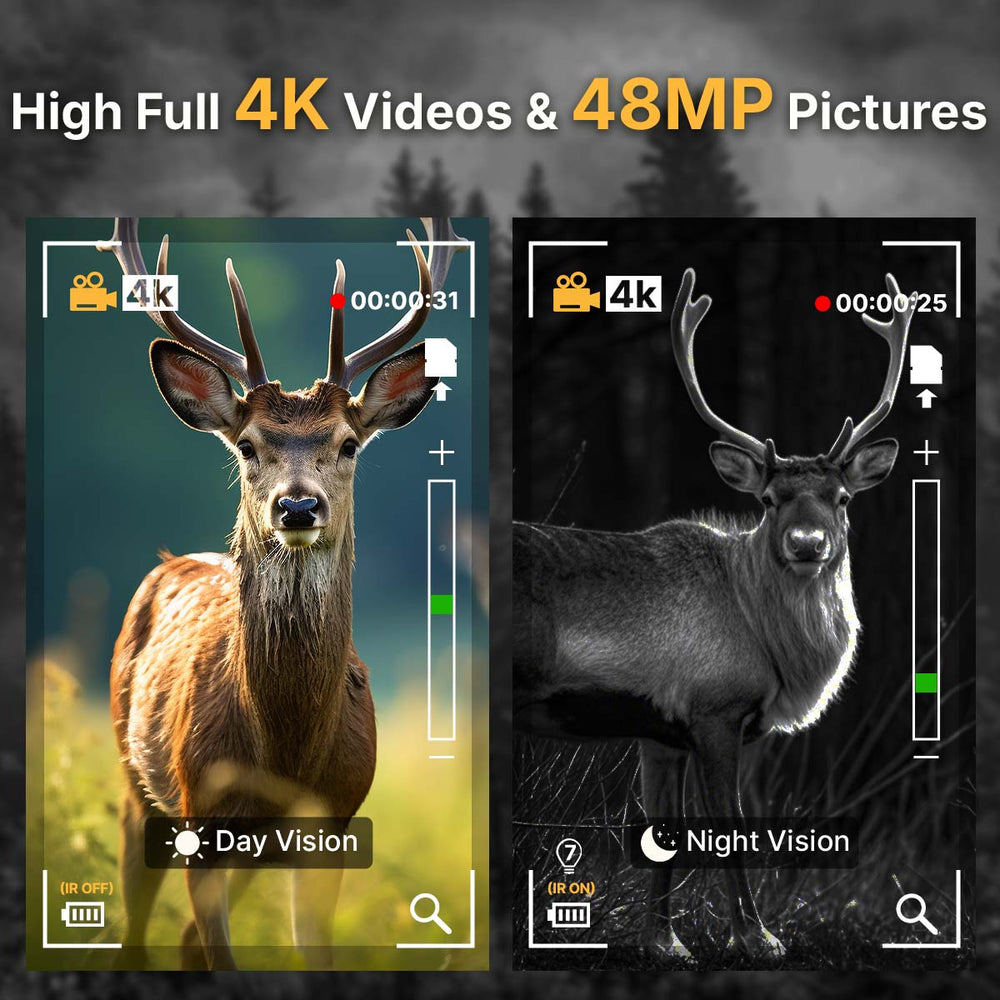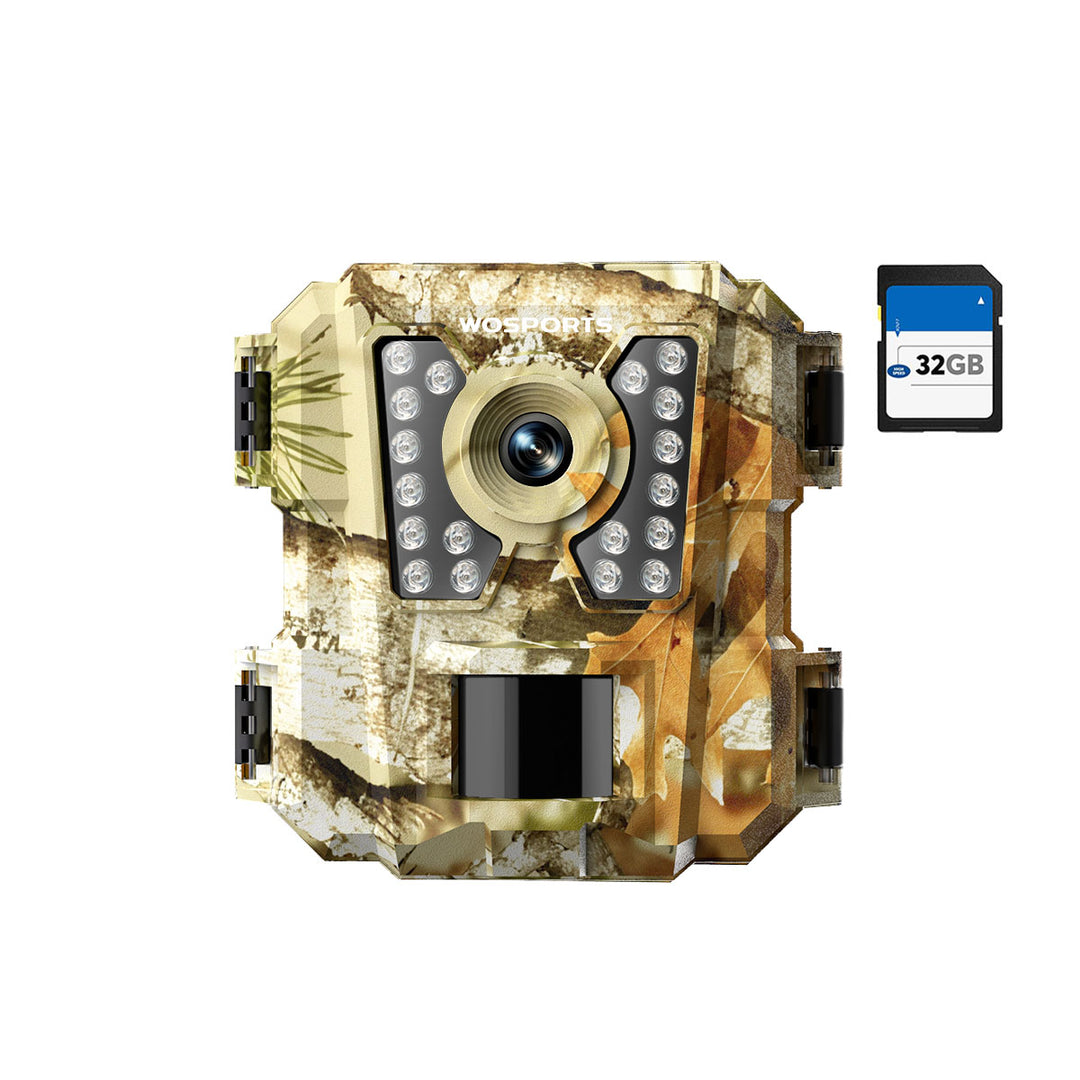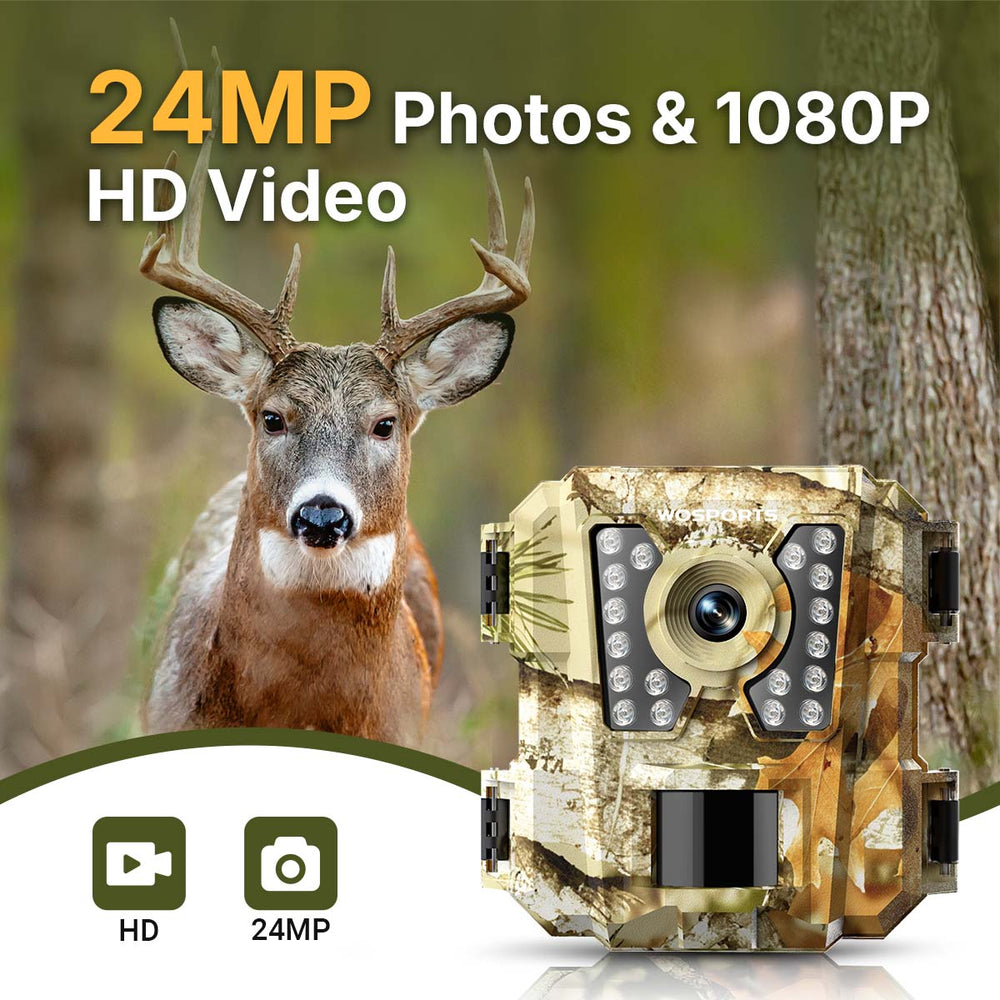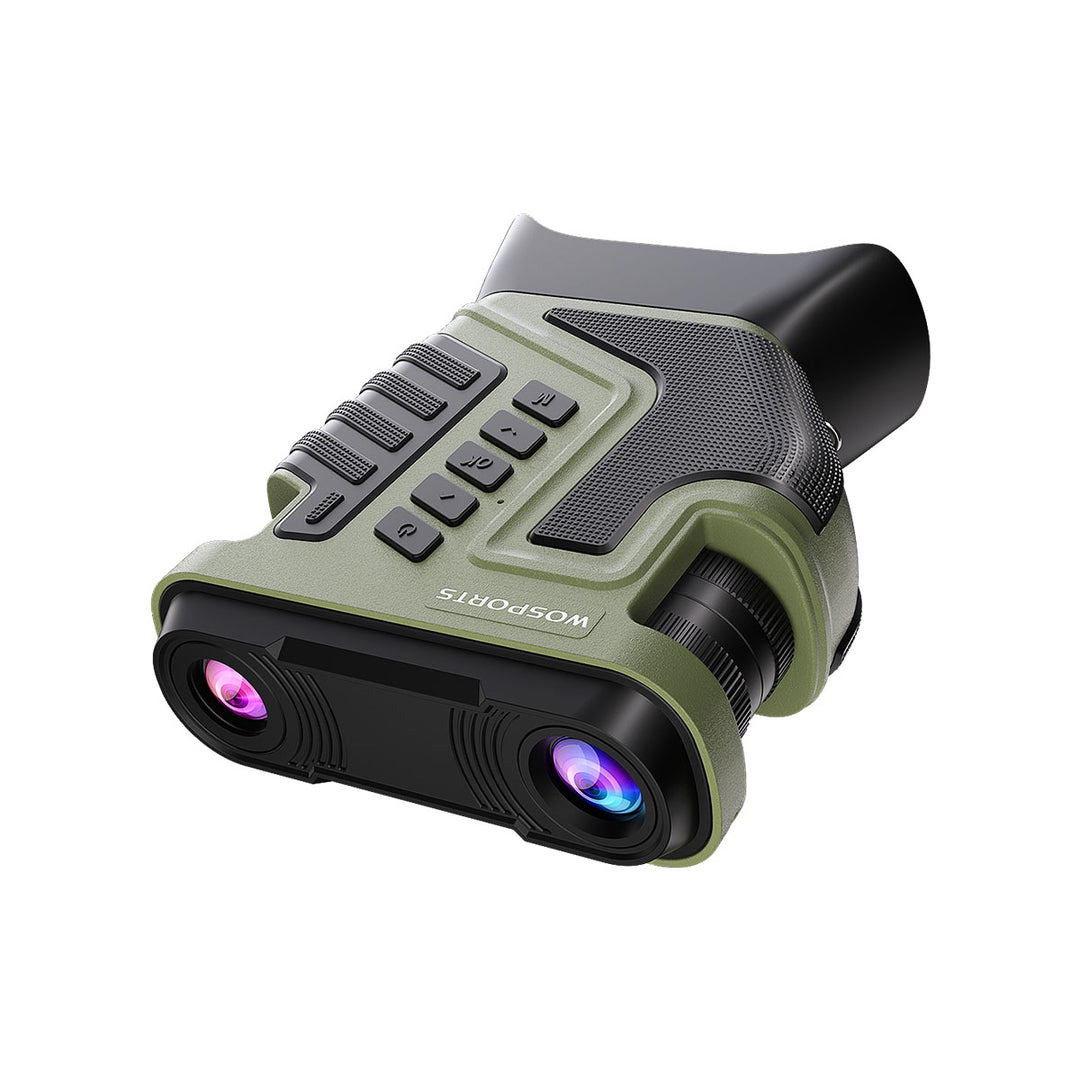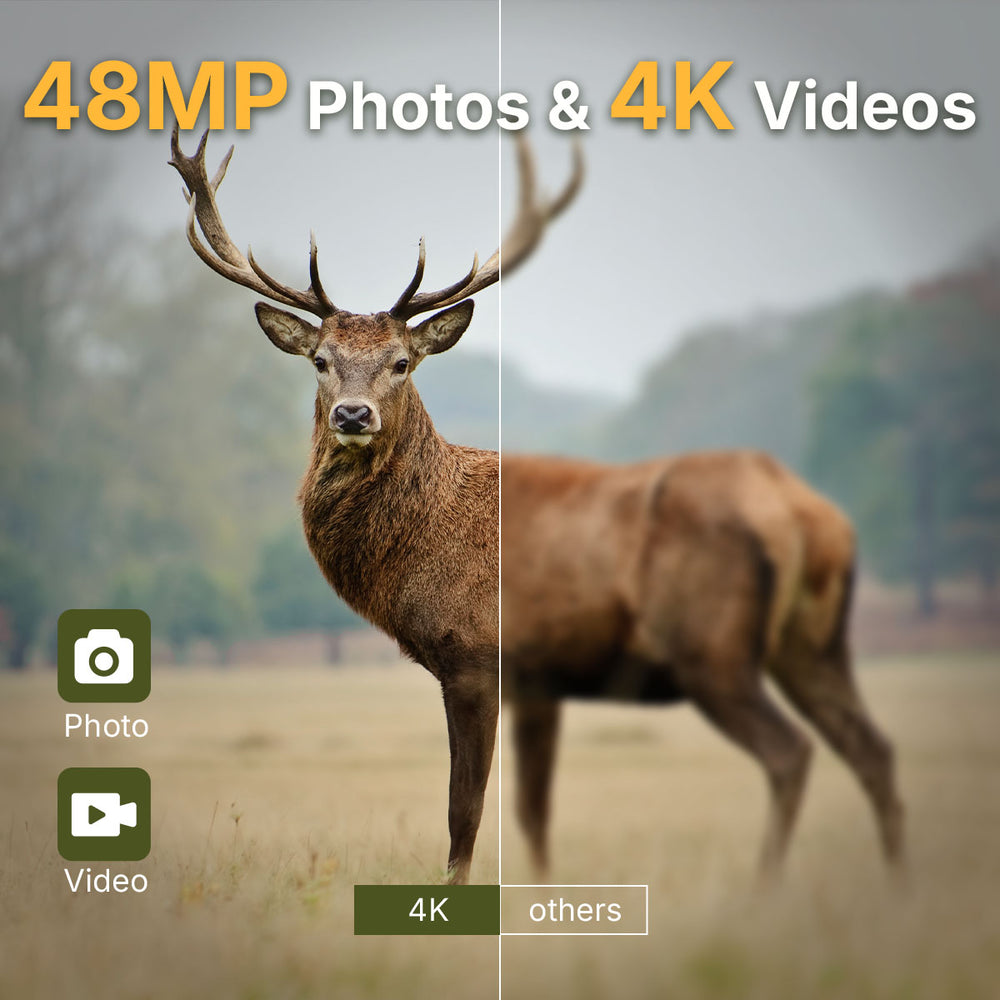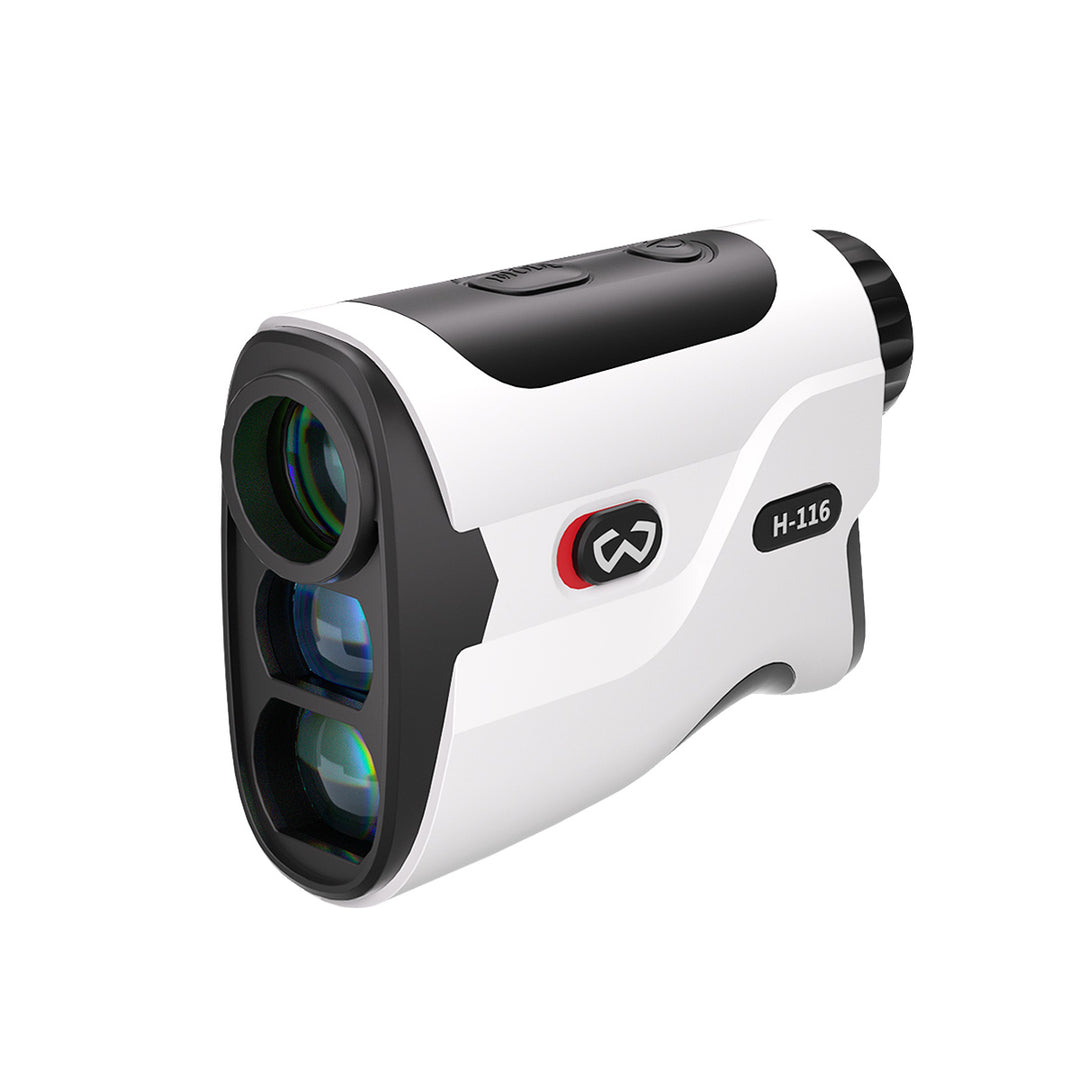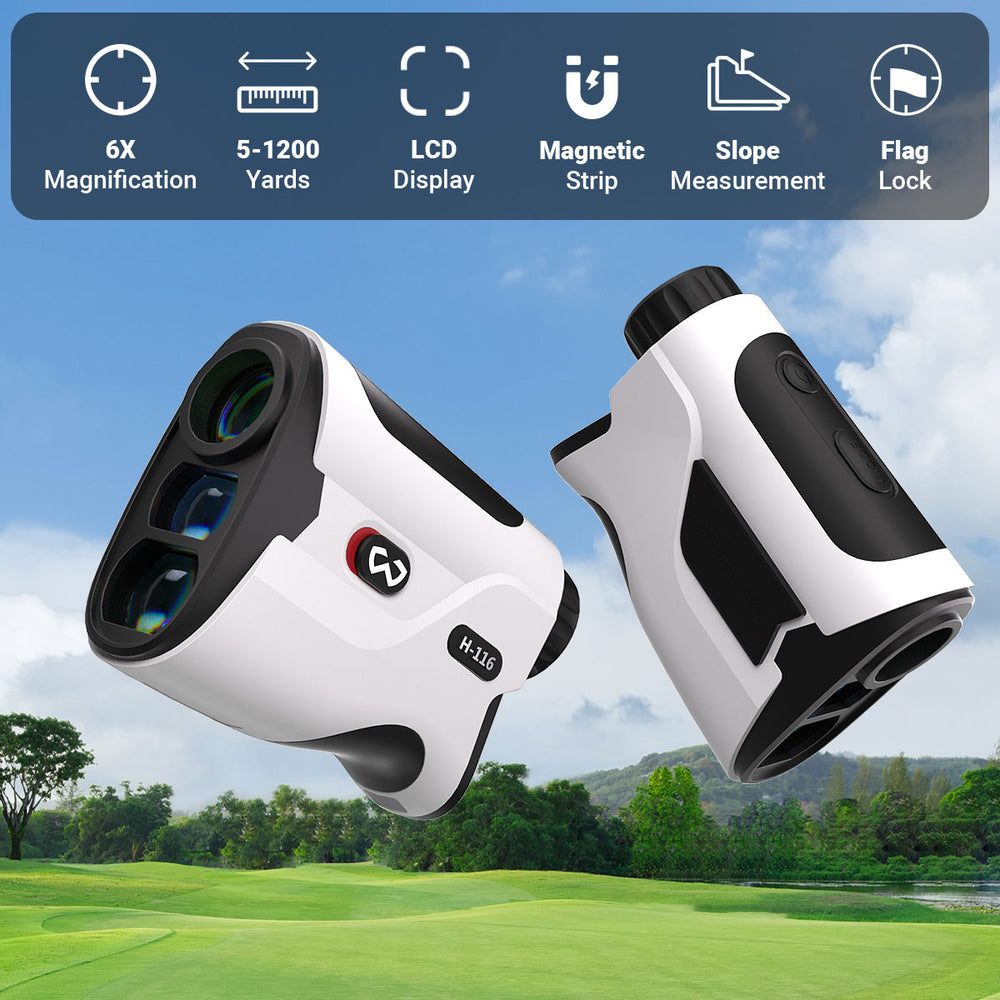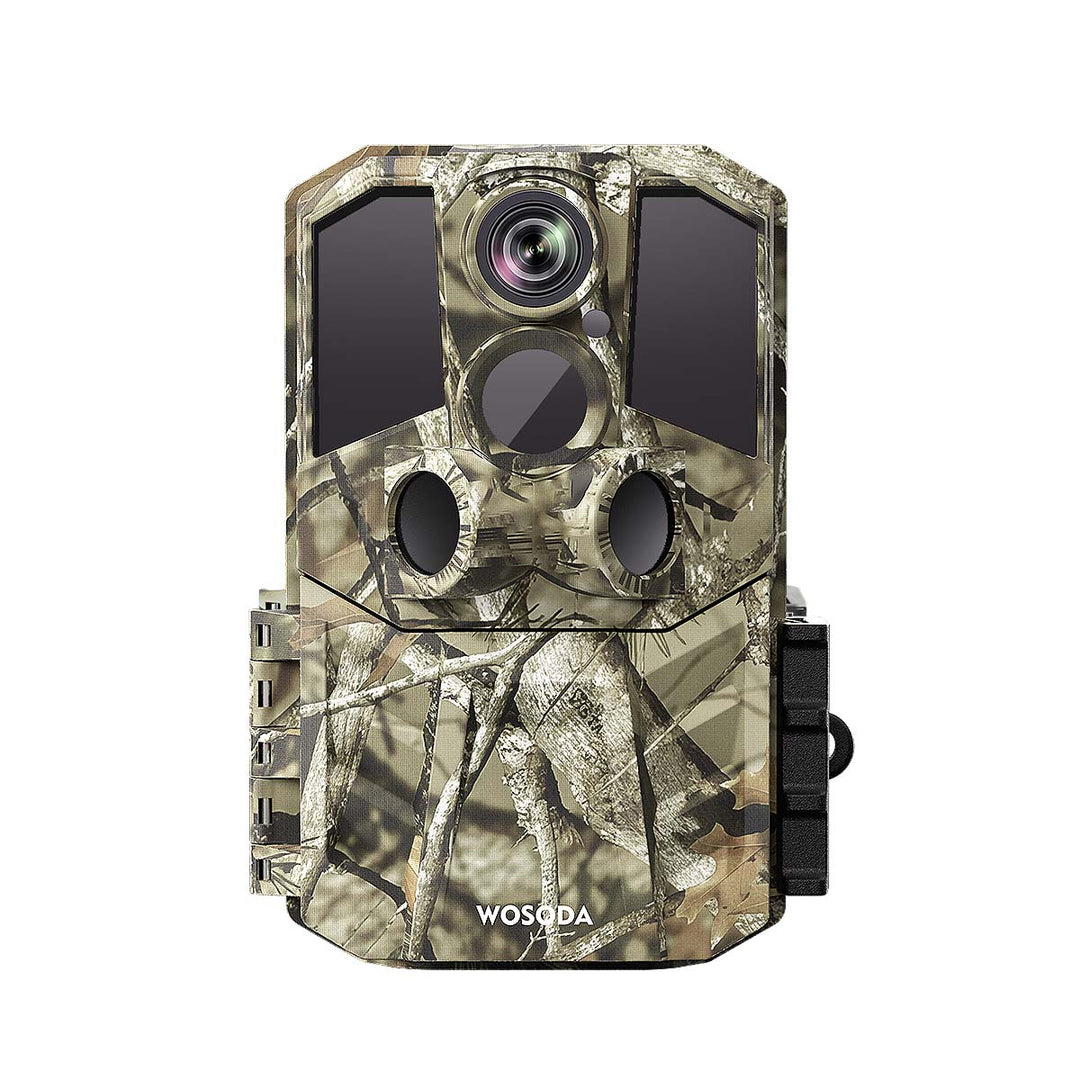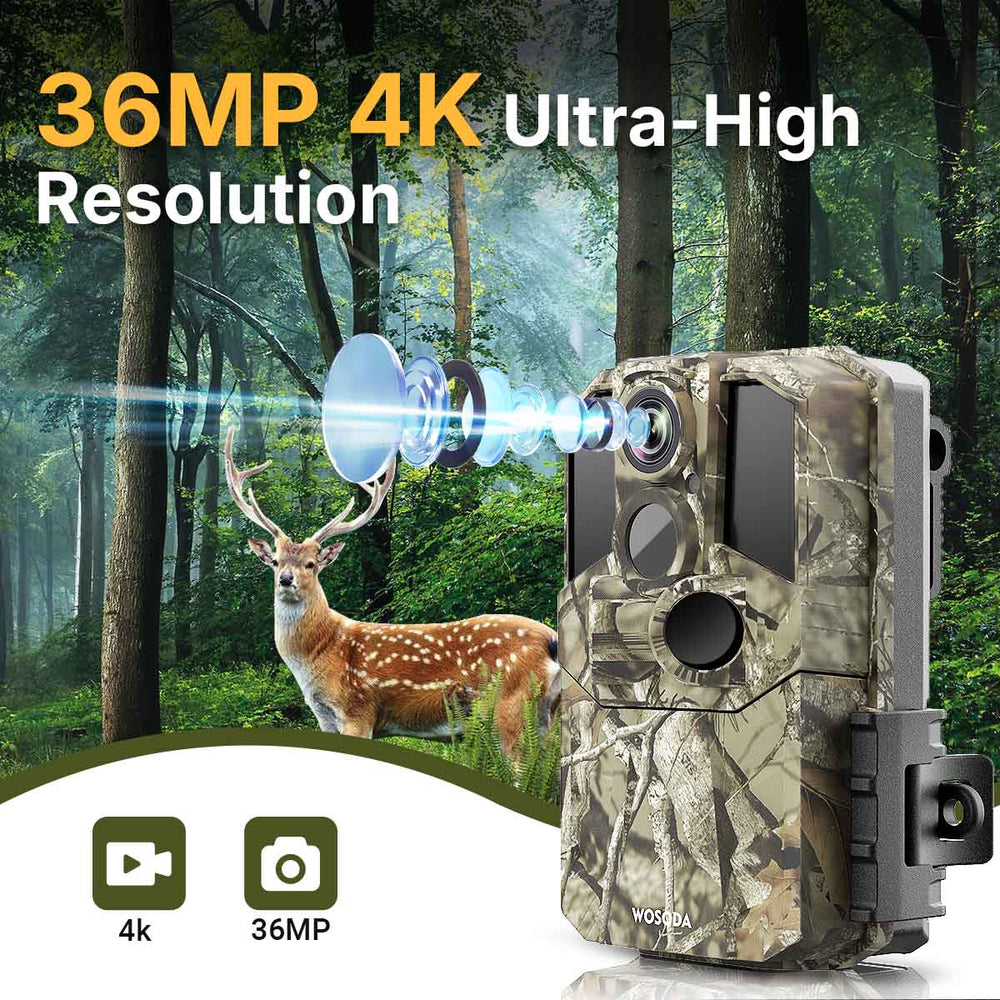Best Trail Cameras for Deer Hunting in 2025
In this guide, we’ll explore the best trail cameras for deer hunting in 2025, including affordable and high-tech options, tips on camera placement, and features to prioritize when making a purchase.
Why Use a Trail Camera for Deer Hunting
Using a trail camera for deer hunting provides hunters with a significant strategic advantage. Here’s a breakdown of why trail cameras are essential for deer hunting:
1. Scouting Efficiency
Cameras watch trails, food sources, scrapes, and bedding areas all day and night. They show patterns you might miss in person.
2. Behavioral Insight
Trail cameras can reveal how deer behave under different weather conditions, moon phases, or hunting pressures. Understanding these subtle behavioral shifts helps fine-tune hunting strategies for better success.
3. Understanding Deer Patterns
Deer are creatures of habit. Trail cameras help hunters identify:
- Feeding routines
- Travel corridors
- Bedding zones
- Time-of-day movement (day vs. night)
This pattern recognition is crucial for selecting the best stand locations and hunting times.
4. Security Monitoring
Many hunters use trail cameras to protect their property or hunting gear from theft. Some modern cameras offer cellular connectivity, allowing real-time alerts and image uploads to your phone.

Key Features to Look for in a Deer Hunting Trail Camera
When choosing the best trail camera for deer hunting, it’s important to look at features that affect your scouting success. Not all trail cameras are created equal—some excel in stealth, others in image quality or transmission speed. Here are the most important features to consider before making a purchase:
Low-Glow Infrared Flash
Deer are easily spooked by sudden flashes of light. Cameras with no-glow or low-glow infrared LEDs work quietly at night. They do not emit visible light. This lets you take pictures in complete darkness without scaring nearby animals.
Fast Trigger Speed
Deer can appear and disappear in seconds. A quick trigger speed, ideally under 0.3 seconds, helps the camera capture the animal as it enters the frame. Pair this with a short recovery time so your camera is ready for the next shot immediately after.
High-Resolution Image and Video Quality
Look for cameras that offer 20MP or higher image resolution and 1080p or 4K video. This detail is important. It helps in spotting the size of bucks, counting antler points, and observing behavior patterns.

Long Battery Life
Extended battery life means less time checking cameras and more time gathering uninterrupted data. Choose models that are energy-efficient or compatible with external power sources like solar panels or battery packs.
Cellular or Wi-Fi Connectivity
For hunters managing remote properties, cellular trail cameras or Wi-Fi-enabled models can be game changers. These allow for real-time image sharing. This cuts down on the need for frequent site visits. It also reduces the risk of human scent affecting the area.
When Is the Best Time to Check Trail Cameras?
Why WOSPORTS Trail Cameras Are Ideal for Deer Hunters
Whether you're a beginner or seasoned hunter, WOSPORTS trail cameras like the G600 and G100 offer the perfect balance of performance, affordability, and durability. These models are:
- Built with no-glow night vision technology
- Weather-resistant for long-term field use
- Blazing-fast trigger speed captures even the quickest deer in motion
- Extended battery life keeps your camera running for weeks in remote locations
- Easy to set up with user-friendly interfaces
- Available in bulk purchase options for outfitting multiple trails
WOSPORTS also offers strong customer support and testing opportunities—perfect for hunters who demand both performance and value.

In short: For those seeking reliability, image clarity, and ease of use, models like the WOSPORTS G600 stands out as top choices in 2025.
Trail Camera Tips for Successful Deer Hunting
If you want to increase your deer hunting success, you need to set up your trail cameras strategically. Here are some tips recommended by hunting experts that can help you greatly improve your deer hunting results:
1. Always format SD cards before using trail cameras
Before deploying your trail cameras, always format the SD card in the camera. This ensures full compatibility and prevents file errors.
2. Control scent and minimize personnel movement
When placing or checking cameras, it is best to wear a scent control suit or gloves to avoid leaving too much scent. The less scent you leave, the more natural the deer you capture will behave.
3. Label and record each camera's settings
If you use multiple cameras on the same property, be sure to carefully record the camera's position, angle, and settings. This will make it easier to track deer movements and analyze movement trends over time.
4. Adjust the camera angle for maximum coverage
Set the camera about 3-4 feet off the ground, tilted slightly downward. Positioning it perpendicular to the trail, rather than facing it, will give the camera more time to trigger and capture a full-body image of the deer.
5. Check your cameras regularly
Keep checking your trail cameras regularly to minimize disturbances. Checking every 2-3 weeks before the rut and weekly during peak activity is ideal.
6. Organize photos for pattern recognition
When organizing photos from your trail cameras, sort them by date, time, moon phase, and weather conditions to identify consistent deer activity patterns.
Search
Popular Posts
Recent Posts

Nov 28, 2024
Troubleshooting Common Trail Camera Issues
Jan 10, 2025
Why Does My Trail Camera Stop Working at Night?
































